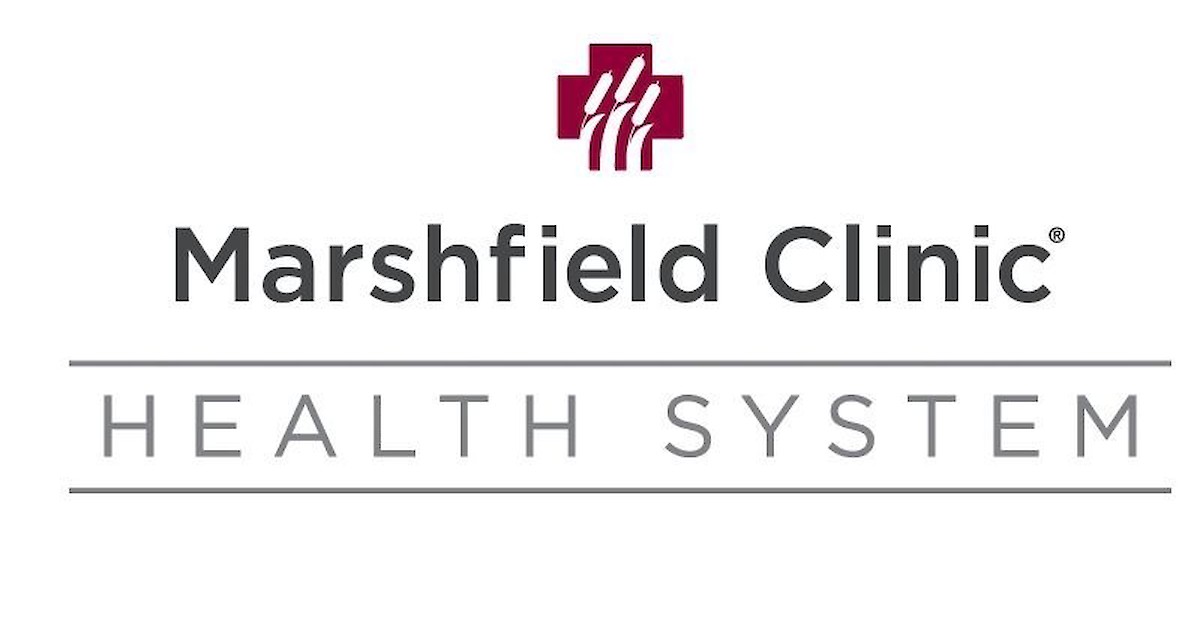
Who is the CEO of Marshfield Clinic?
Susan TurneySusan Turney, M.D., Marshfield Clinic Health System, Inc., C.E.O.
Is Marshfield Clinic a Level 1 trauma center?
We remain the only Level II Adult and Pediatric Trauma Center in Central Wisconsin and are able to provide excellent care throughout your entire hospitalization.
Is Marshfield Clinic privately owned?
| about us • Marshfield Clinic Research Foundation (MCRF), the largest private medical research foundation in Wisconsin, founded in 1959. More than 30 research scientists and 150 physicians are involved in more than 400 research projects.
What charting system does Marshfield Clinic use?
The Clinic has used a computer-based electronic health record for more than 20 years. Cattails Software Suite, Marshfield Clinic's homegrown electronic health record, was developed in conjunction with Clinic providers and the Information Systems Department.
How many hospitals does Marshfield Clinic health system have?
10 hospitalsMarshfield Clinic Health System's primary operations include facilities in Marshfield, Eau Claire, and Rice Lake. As of 2022, the health system has 10 hospitals (including two in Marshfield) and 50-60 clinics throughout Wisconsin.
What is Marshfield known for?
The lovely town was known as a major center of logging during the mid-19th century and is now home to the renowned Marshfield Clinic health care system. Visitors can explore family-friendly attractions like the Wildwood Zoo, which offers both walk-through and drive-through animal exhibits year-round.
How many employees does Marshfield Clinic have?
The Health System serves Wisconsin with more than 11,000 employees including over 1,200 providers comprising 86 specialties, health plan, and research and education programs.
What is the difference between a Level 1 and 2 trauma center?
There are several minor differences between a level I and II trauma center but the main difference is that the level II trauma center does not have the research and publication requirements of a level I trauma center.
What is the difference between Level 1 and 2 trauma?
As a Level I trauma center, it can provide complete care for every aspect of injury, from prevention through rehabilitation. A Level II trauma center can initiate definitive care for injured patients and has general surgeons on hand 24/7.
What is the difference between a Level 1 and Level 3 trauma center?
Trauma centers vary in their specific capabilities and are identified by "Level" designation: Level I (Level-1) being the highest and Level III (Level-3) being the lowest (some states have five designated levels, in which case Level V (Level-5) is the lowest).
Is Level 1 trauma the worst?
Level 1 is for the most serious injuries, where trauma is often large and requires a fast response time. The lower levels focus on evaluating and stabilizing the person so that, if necessary, staff can transfer them to a higher level facility.
Who is eligible?
Discounted care is available for uninsured and underinsured patients with income and excess asset values at or below 400% of the Federal Poverty Guidelines.
Limitation on charges
A patient qualifying for financial assistance under the Financial Assistance Policy will not be charged more than the amounts generally billed for the same emergency or medically necessary services to individuals who have insurance covering such care.
To Obtain an Application or Copy of the Policy
In person: At any of the hospital, clinic or emergency department registration locations
How to apply
Applicants may request assistance in completing the application or mail the completed application to:
Where is Marshfield Clinic located?
Marshfield Clinic is a private rehab located in Marshfield, Wisconsin. Mars hfield Clinic specializes in the treatment of mental health, and mental health.
What is mental health rehab?
Mental health rehabs focus on helping individuals recover from mental illnesses like bipolar disorder , clinical depression, anxiety disorders, schizophrenia, and more. Mental health professionals at these facilities are trained to understand and treat mental health issues, both in individual and group settings.
